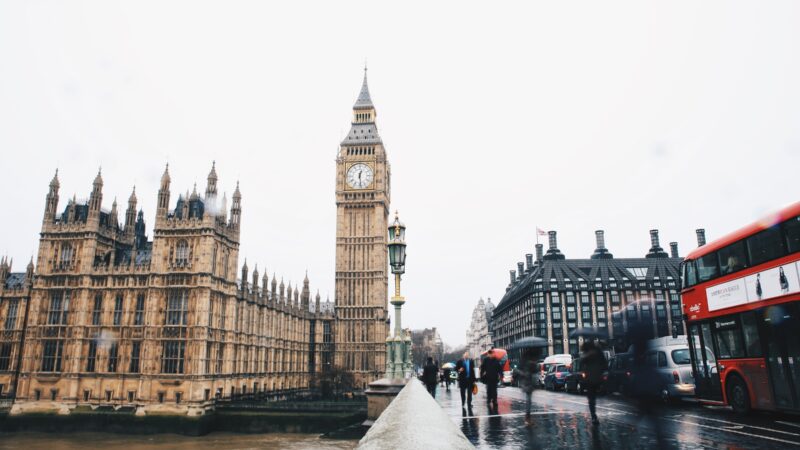Life, loss, and lethargy have strange effects on peoples, cultures, and movements. And nothing could be more lethargic than our current iteration of conservatism. Neoconservatism was certainly not new, it grew out of, and drew from, the economic thinking that preceded it. However, it at least believed in itself so strongly that it attempted to bring economic liberalism and democracy to the rest of the world. Whether or not this was to benefit those in power at the time is another matter and another article, but there was at the very least a sizeable class of people who earnestly believed in the project and aimed to see it through.
When we look across the world today however, there doesn’t appear to be one major success story for the neoconservative project. The project was so unsuccessful that the next successful candidate for the GOP following George W. Bush Jr. was Donald Trump, who rode in on opposing the ‘forever wars’. Contrast this with the left, who have certainly undergone a shift from the economic to the identitarian, but have arguably been undergoing that shift for 60 years. In comparison, the ten years between Douglas Murray’s ‘Neo-Conservatism: Why We Need It’, a celebration of the ideology, and the election of Donald Trump demonstrates the awfully short shelf-life of the worldview.
Neoconservatism could probably best be understood literally. What is new is what we conserve. Economic liberalism under the Pax Americana and democracy is new, therefore we conserve it. After all, the Allied powers had just defeated the Axis powers and brought a functioning democracy to Germany, a country which had only ever had it in the form of the dysfunctional Weimar Republic. Regime change, it seemed, was possible. But here we after after Libya, Egypt, Syria, Iraq, and Afghanistan and what democracy does exist is fraught and unstable.
When a group faces an external threat and their core beliefs are shattered, there is a tendency to double-down. To look back at the victories of the past and attempt to emulate them and relive them. There is a tendency to Ghost Dance.
Ghost dancing was the name given to the phenomena found in Native Americans who had been consistently beaten by the European settlers, who quickly found that tribal formations and dances fell flat in the face of the technology and organisation of the Europeans they encountered. Increasingly, tribes began to engage in a new Native American dance known as the Ghost Dance. The dance promised to summon the ghosts of the ancestors, to have them drive out the white man and rip up the earth beneath their feet, revealing the untouched America they had long known.
It didn’t work, of course. Ghost Dances never do. The past is over, and attempts to revive by recreating the conditions that no longer exist will only ever create artificial facsimiles at best, but Ghost Dances are reassuring, and fun for those who practice them.
When I looked across the Conference floor in 2021, I saw merchandise of Thatcher and her slogans plastered everywhere. Endlessly her name was invoked as some kind of lodestone of Conservatism. Of course, the social conservatism was tactically amiss, but she permeated the halls of Conference regardless. Juxtaposed to this is the current conservative rhetoric: “Getting On With The Job” and “Getting Brexit Done” suggest stagnation, as though leadership were a shift at Subway to muddle through to, a list of tasks to be done and forgotten about and this lack of fervour is reflected in the polling numbers.
As the dust of Coronavirus settles, and the UK remembers that Ukraine is actually quite a far away country that our American masters will not let us get involved in, the certainty of the conservatives’ loss in the culture wars with the looming threat of electoral defeat create the conditions for a Ghost Dance. We even have some ‘conservatives’ with Margaret Thatcher cut-outs in their university rooms ready to lead the dance!
But the appeal of the Ghost Dance is fleeting. The images of Thatcher and her incredible electoral success will be little more than temporary anaesthetic for the elderly base of the Conservative party in the wake of their continued loss to the left. It won’t track with a generation who never knew Thatcher, and actively suffer under the free market policies she advocated. New ways of thinking and governing are required, and must bring a close to the tragicomedy of liberalism.
“It is not the strongest of the species that survives, nor the most intelligent that survives. It is the one that is most adaptable to change.”



